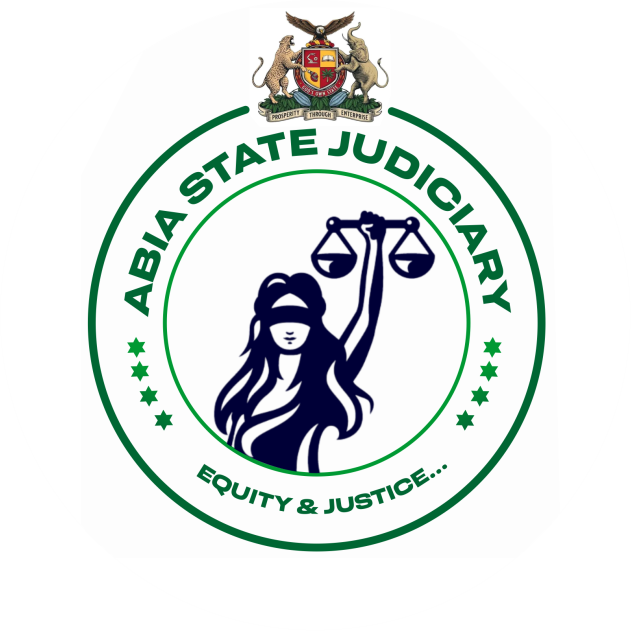
Welcome To The Website Of The Abia State Judiciary. Over The Years, Our Predecessors Have Done An Amazing Job In Building A Solid Foundation For The Abia State Judiciary.
Contact Info
+(234) 09012222911
+(234) 09012222911
info@highcourt.ab.gov.ng
info@highcourt.ab.gov.ng
Km 4, Ikot-Ekpene Road, Umuahia, Abia State.